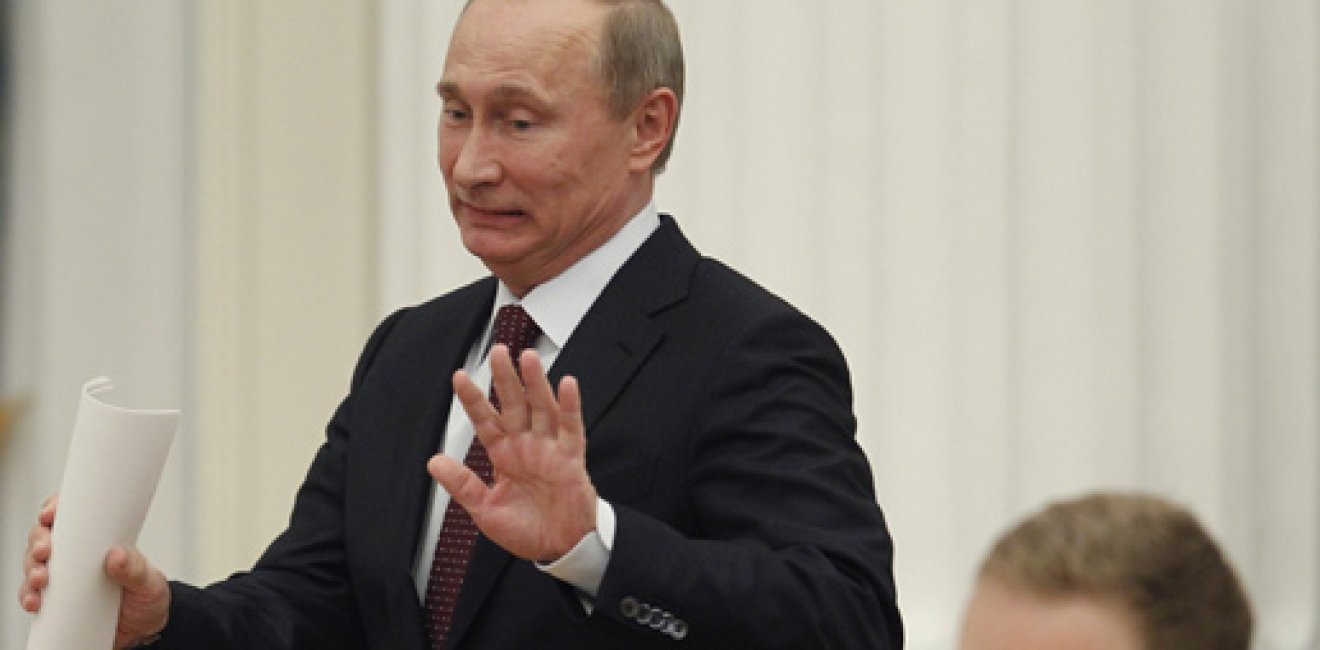How Russia Puts Business Behind Bars
The Russian Duma approved its much anticipated amnesty for entrepreneurs, seeking to halt the legal onslaught against the Russian business community. But the amnesty comes with considerable strings attached and does not address any of the fundamental legal and institutional deficiencies that created the problem in the first place, writes William Pomeranz.






